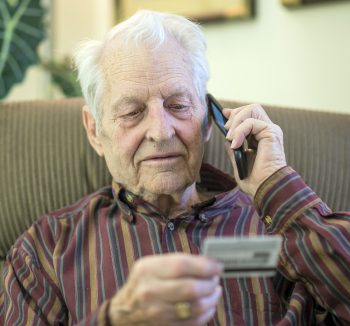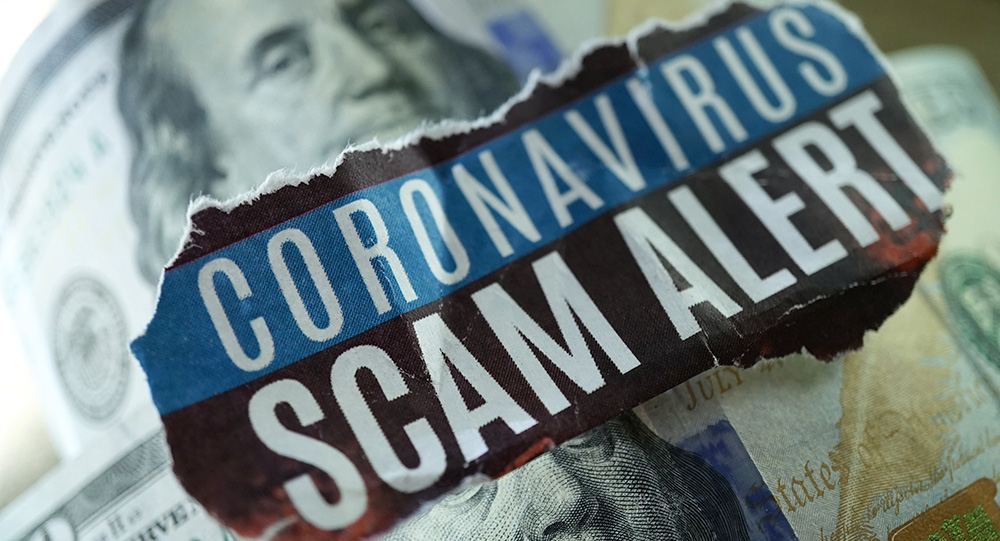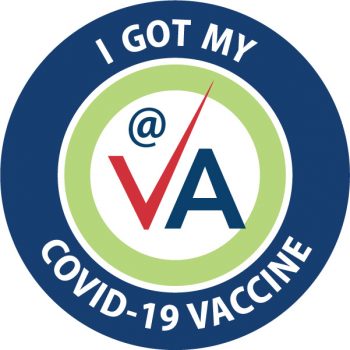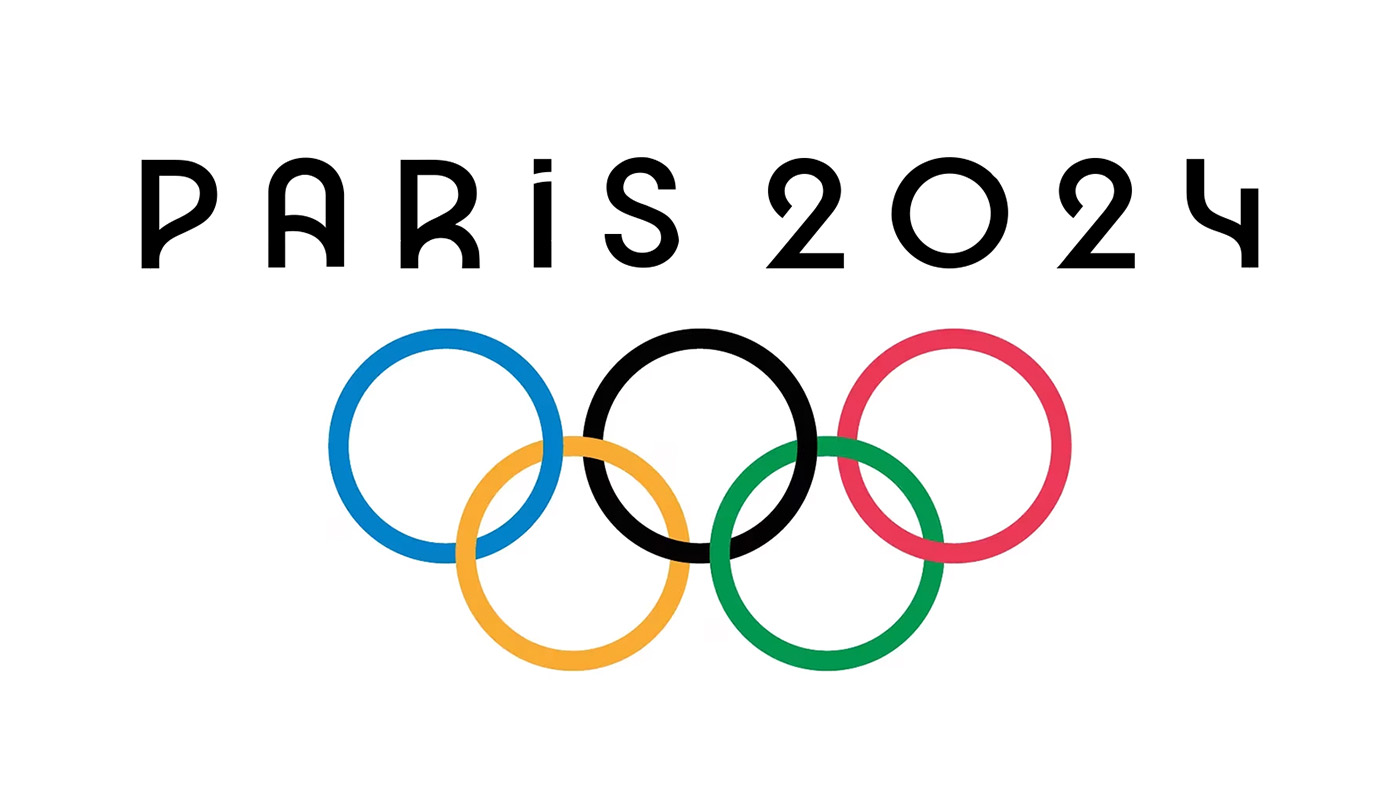Some Veterans may be celebrating their second COVID-19 vaccination by posting a photo of their vaccination card on social media.
Don’t do it. You could be inviting identity theft.

If you post a photo of your vaccination card, you may be handing valuable information to someone who could use it for identity theft.
The Federal Trade Commission (FTC) warns us that social media is no place for COVID-19 vaccination cards.
As the FTC points out, your vaccination card includes your full name, date of birth, where you got your vaccine, and the dates you got it. When you post it to Facebook, Instagram, or to another social media platform, you may be handing valuable information over to someone who could use it for identity theft.
Like a puzzle
Identity theft works like a puzzle, made up of pieces of personal information. You don’t want to give identity thieves the pieces they need to finish the picture.
One of those pieces is your date of birth. For example, just by knowing your date and place of birth, scammers sometimes can guess most of the digits of your Social Security number. Once identity thieves have the pieces they need, they can use the information to open new accounts in your name. They also can claim your tax refund for themselves, and engage in other identity theft.
Someone could use the photo of your vaccination card to recreate the card and sell counterfeit versions.
Want to share the news about your vaccination? As part of VA’s vaccination campaign, many VA facilities are providing “I Got My COVID-19 Vaccine at VA” stickers to the newly vaccinated. This is an excellent visual to share on social media instead of your vaccination card.
If you have been vaccinated against the coronavirus, congratulations. But we don’t need to see your vital information on social feeds.
Visit How to Keep Your Personal Information Secure for more tips about protecting your information against identity thieves.
Jane Kim, MD, MPH, is the COVID-19 Vaccine Planning Team lead and chief consultant for Preventive Medicine, National Center for Health Promotion and Disease Prevention, Patient Care Services.
Topics in this story
More Stories
Seven U.S. Army soldiers, one Army Reserve soldier and two Veterans are representing Team USA at the 2024 Olympic Games in Paris, which begins today.
Study underscores important role COVID vaccination can have in protecting Veterans from infection and reducing long-term health consequences
Columbia VA’s robotic surgery teams completed their 800th robotic surgery and are on schedule to hit 1,000 by the end of the year.







